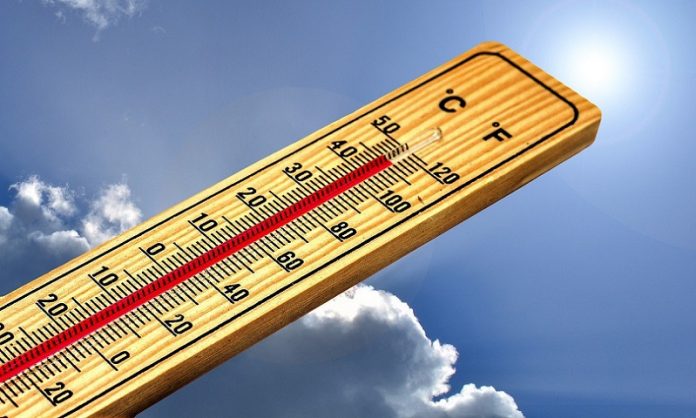
Scientists from the University at Albany found that exposure to sunny, hot, and humid weather can trigger severe symptoms of mental disorders, requiring emergency care.
They used data on New York State weather and hospital emergency visits to assess how features of summer weather affect people with mental disorders.
The research was the first to evaluate the combined effects of multiple meteorological factors across all classes of mental disorders designated by the World Health Organization.
In the study, the team’s analysis included two six-month study periods, focusing on the warmer months: May-October, 2017, and 2018.
The team leveraged meteorological data from NYS Mesonet––a UAlbany-operated network of 126 weather stations in every county and borough in New York, which record atmospheric and soil conditions at 5-minute intervals.
Emergency department visits due to mental disorders were identified using the International Classification of Diseases (ICD-10).
Disorders are coded by subtype, which includes categories like stress-related disorders, intellectual disabilities, and intentional self-harm.
The team found the combination of high temperature, solar radiation, and relative humidity posed the greatest risk of severe mental disorder symptoms.
Effects were strongest in the summer transition months of September and October.
Several mental disorder classes were distinctly responsive to certain combinations of weather conditions.
For example, hospitals saw increased emergency department visits due to psychoactive substance use (e.g., consuming alcohol or opioids) when solar radiation, temperature, heat index, and humidity were high.
Severe symptoms of mood disorders, which include depression and bipolar disorders, coincided with less sun and high heat.
The team found that high temperature alone presented the most immediate short-term risk, while heat index increased risk over a two-week period.
They say weather and climate have profound impacts on health –– directly from severe and hazardous weather to more indirect impacts from allergens and mental health.
If you care about mental health, please read studies that the pandemic has people stuck in a bad mental/physical loop, and this blood pressure drug may help reduce anxiety and pain.
For more information about COVID, please see recent studies about drug duo that may cure COVID-19, and results showing coffee and veggies could help prevent COVID-19.
The research was published in Environment International and conducted by Xinlei Deng et al.
Copyright © 2022 Knowridge Science Report. All rights reserved.



